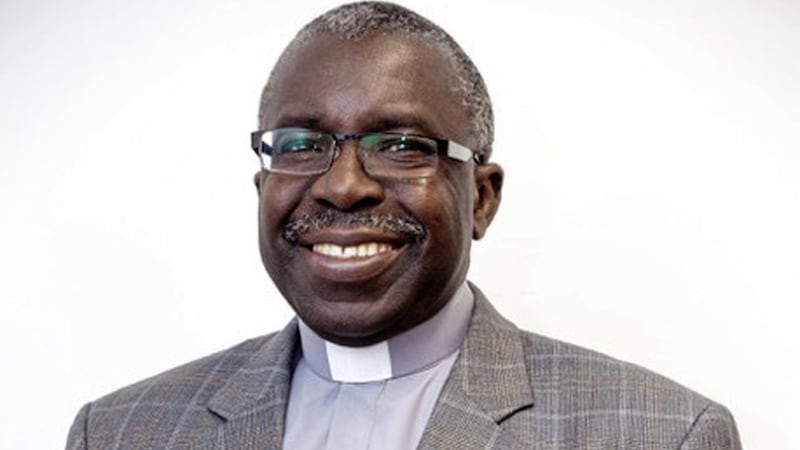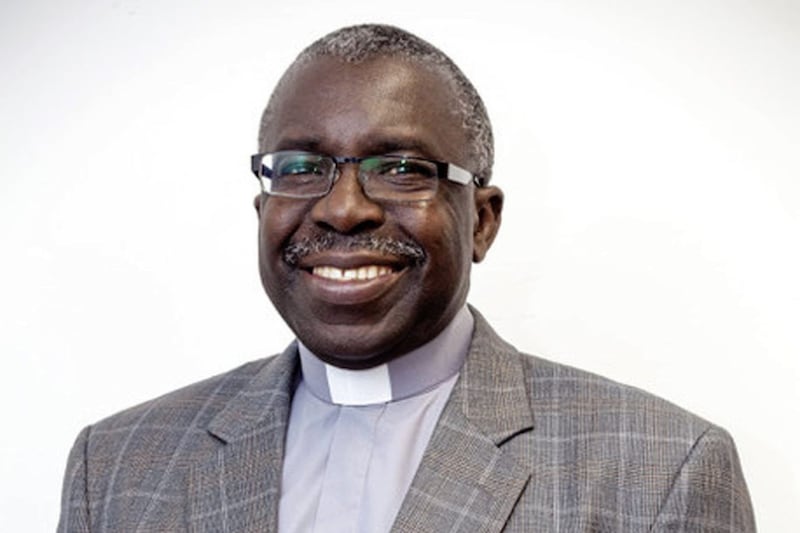THE African-born president of the Methodist Church has said outreach does not mean forgetting the past but that it prevents society from "becoming stuck there".
Rev Dr Sahr Yambasu, a native of Sierra Leone, will deliver the sermon at next week's church service in Armagh to mark the partition of Ireland and the creation of Northern Ireland.
The service has been organised by Ireland's four main churches.
Writing in The Irish News today, Rev Yambasu says he is "very conscious of the pain of partition".
He tells how he belongs to the Kissi tribe which, before the continent of Africa was "partitioned by European powers", inhabited land that was later separated into three nation states - Sierra Leone, Guinea and Liberia.
"The borders that were imposed divided families and communities and disrupted people’s everyday lives," he writes.
"This was done without thought or care for the dignity, rights or consent of the people affected, in what historians would later call 'the scramble for Africa'."
Lamenting the legacy of colonisation, he says the "wounds from that injustice have left deep scars" and led to a decade-long civil war in Sierra Leone.
Drawing parallels between efforts at reconciliation in his native country and the Irish peace process, the cleric says it "takes courage to reach out and seek to engage in dialogue".
"This outreach does not require us to forget the past, but it does help prevent us becoming stuck there," he writes.
Rev Yambasu says borders "take many forms" and stresses how "it is important to recognise the human impact of political borders".
"At the same time, we need to be aware of the multiple ways in which we can create borders that limit our interactions with those we consider to be different from us," he writes.
"In our service of reflection and hope we seek to offer a space in which we can all hear different perspectives, acknowledge what has been harmful in our history and commit ourselves to the work of reconciliation and building a society in which the worth and dignity of every person is respected and valued."



